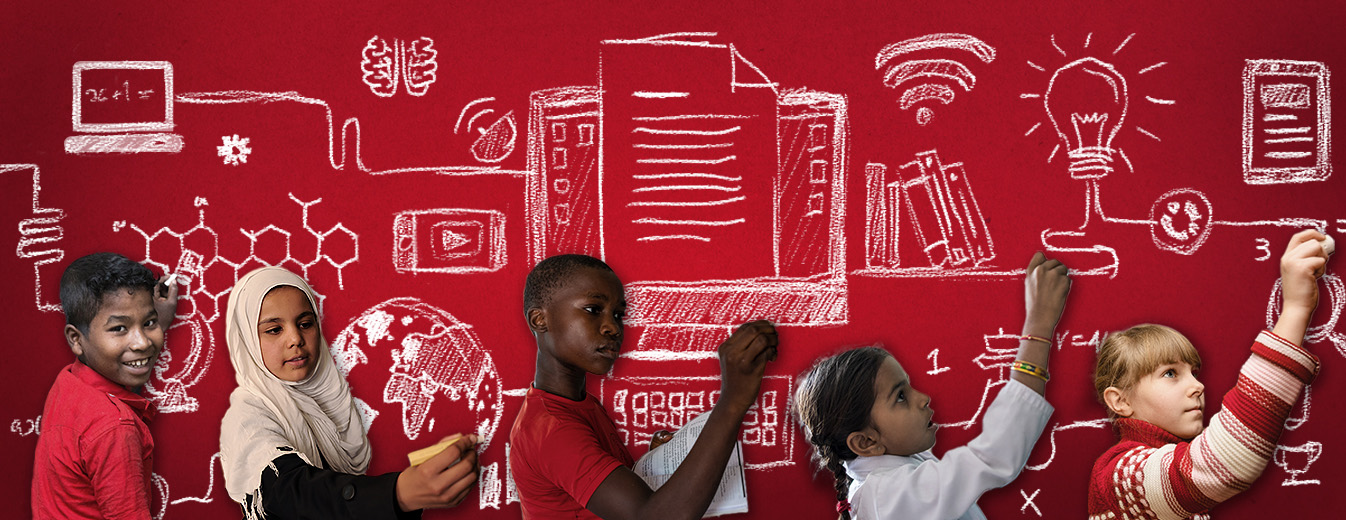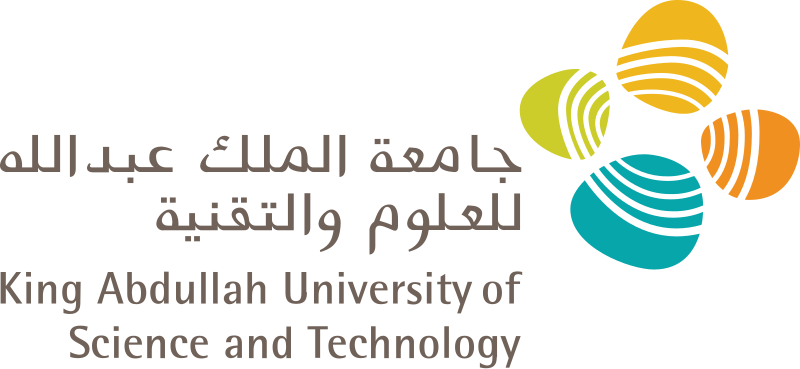
Registration Opens for SAF 2025: International STEAM Azerbaijan Festival Welcomes Global Youth
The International STEAM Azerbaijan Festival (SAF) has officially opened registration for its 2025 edition!

Geneva, Switzerland — Global momentum is building toward the creation of a new treaty that would guarantee free education for children from pre-primary through secondary school. This week, representatives from 92 countries gathered at the United Nations in Geneva to discuss a proposed optional protocol to the Convention on the Rights of the Child (CRC), aiming to close significant gaps in international law that currently guarantee free education only at the primary level.
The initiative, led by Sierra Leone, Luxembourg, and the Dominican Republic, has quickly gained traction, with five additional countries declaring support during the session. In total, 58 governments now publicly back the proposal, underscoring growing recognition that early childhood and secondary education are essential rights, not privileges. Sierra Leone, which already provides 13 years of free schooling, announced it would hold intensive consultations to help shape the principles of the protocol ahead of a follow-up meeting planned for 2026.
Throughout the discussions, countries highlighted their own reforms as evidence of what is possible. Spain and France shared how three years of free preschool have strengthened children’s early development, while Ghana reported sharp increases in enrollment since expanding free secondary education in 2017. Zambia pointed to its 2022 decision to abolish secondary school fees, and Ecuador emphasized that its constitution guarantees free public education at every level, including universities.
What stood out most, however, was the presence of children themselves, who were given a platform to explain how school fees impact their lives. Delegates from Croatia, Indonesia, Liberia, Mexico, and the United Kingdom spoke passionately about the barriers to education and the transformative effect that free schooling could have. “This protocol would help millions of children stay in school and would be key to reducing inequalities,” said Karen, a 16-year-old from Mexico. Roberto, 17, from Liberia, added that the process itself was significant: “What makes it truly powerful is that we, as children, were part of the process, our voices should shape the outcome.”
Supporters of the treaty argue that its adoption would mark a turning point for global education policy, embedding the principle that learning must be free from early childhood through the end of secondary school. While challenges remain in securing universal consensus, advocates say the growing coalition signals a historic opportunity. As one participant in Geneva put it, the right to free education for all children is no longer just an aspiration, it is increasingly within reach.
Source: Human Rights Watch
Share

Registration Opens for SAF 2025: International STEAM Azerbaijan Festival Welcomes Global Youth
The International STEAM Azerbaijan Festival (SAF) has officially opened registration for its 2025 edition!

Join the Edu-live Internship Program!
Are you passionate about journalism, education, science, as well as global study and development opportunities? Do you want to be part of a dynamic media platform that brings educational and scientific news and stories to life from around the world?

Young Leaders Union Conference 2025 in Paris (Fully Funded)
Join Global Changemakers in Paris! Fully Funded International Conference for Students, Professionals, and Social Leaders from All Nationalities and Fields

An mRNA cancer vaccine may offer long-term protection
A small clinical trial suggests the treatment could help keep pancreatic cancer from returning

Yer yürəsinin daxili nüvəsində struktur dəyişiklikləri aşkar edilib
bu nəzəriyyənin doğru olmadığı məlum olub. Seismik dalğalar vasitəsilə aparılan tədqiqatda daxili nüvənin səthindəki dəyişikliklərə dair qeyri-adi məlumatlar əldə edilib.

Applying to KAUST - Your Complete Guide for Masters & Ph.D. Programs (Upcoming Admissions)
Admissions Overview & Key Requirements